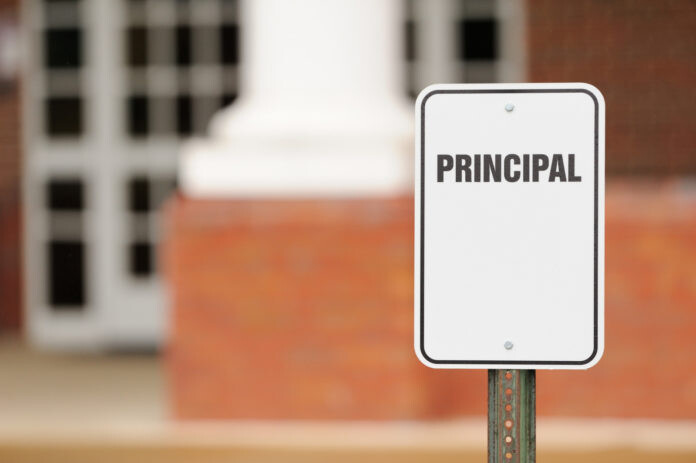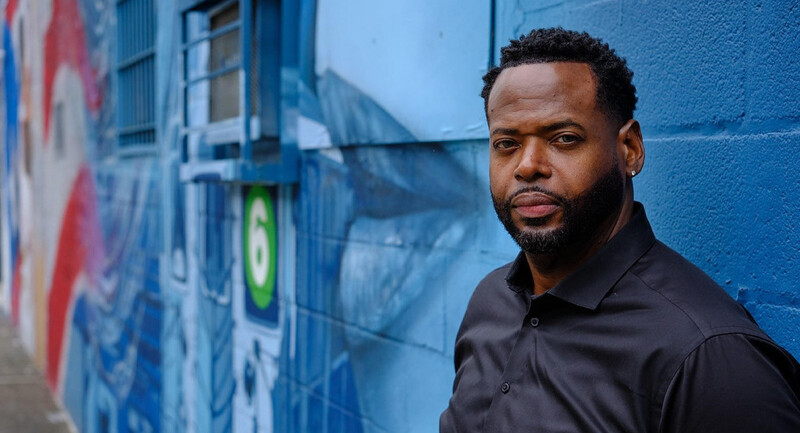This is the first in a series of four posts on “navigating the leadership learning curve.”
Can we be honest? Working in education right now is incredibly challenging. No matter the decision, no matter the amount of input or feedback you receive from others, you will not make everyone happy. Too often, education leaders are expected to know every answer—while remaining positive and unshakable. If the last 12 months have taught us anything, it’s that this fantasy isn’t possible. It is hard to always be positive. We will have moments when we are shaken to our core. We aren’t going to have all the answers. So, as we dig deep and get real with each other, be at ease: We (your principal colleagues) are here to help.
To find success in uncertain times, we must embrace our current learning curve—whether we fall on that curve as first-year leaders or 20-year veterans. The first step to navigating these uncharted times is to pause and reflect. Yes, we literally want you to stop what you’re doing. You may think stopping is impossible, but we promise, you will gain valuable time if you create the space to purposefully reflect.
Let’s think about what makes our work challenging. Being a leader is hard, especially because we are in the people business. While we love people, we know that people can also be challenging to guide effectively. Since the work we do as leaders is human work, we have to connect with others on a deep level. But before a deep connection can be made, you first need to know yourself. Identifying your values and beliefs so that you can authentically lead all personalities and situations starts with reflection. We’ve compiled four tips to get you started.
Make Time to Reflect
You may be thinking, do I have time for reflection? How do I have time to reflect when I am navigating 100 other things? If you are anything like us, you became a principal and, suddenly and surprisingly, realized all the roles you have to juggle. Some roles are predictable, like leading master scheduling and staff evaluation, while other responsibilities, like putting in the work order to fix an ancient heating system, serving on the district safety committee, or teaching kindergarten because there is a shortage of substitutes, may not have been what you first imagined from the job. It is important to take the time to reflect so you are not dedicating energy to the wrong pursuits. We encourage you to reflect with a purpose. Identify what is working well with your leadership and schoolwide systems and build upon the positive aspects of your work.
Solicit Feedback
Yes, we might be generally aware of our strengths and challenges but it is also critically important to solicit feedback from stakeholders in a myriad of ways. Don’t just rely on an end-of-year staff survey. Get out there and talk with people. Climb to the top of the jungle gym and observe how your students are interacting with one another. Create a culture-specific parent group and ask tough questions. Be vulnerable and open with your teachers. We’ll admit that it is easier to always ask your number one supporter or your most positive parents or staff members for feedback, but we encourage you to create systems where you are inviting people who may have a contrary opinion or different viewpoint. You build credibility as a leader when you open yourself to constructive feedback—and act on it.
Identify Mentors
We all have dark days. We have days when we think, “Is it worth it?” and “Should I quit?” This is why it is critically important to have mentors. We cannot do this job on our own. We need the help of meaningful people in our life who will support us throughout our careers. Mentors can celebrate accomplishments and carry you through on your darkest days. They will listen intently, hand over the tissues, and know when a happy hour is needed. We need different people at different times, so we encourage you to have at least three different mentors. The colleague mentor is one—this is a fellow school leader who will help you navigate the systems or norms in your district. Next is the professional network mentor who inspires you or has common interests on a particular topic like multi-tiered systems of support or equity teams. Then there is the ugly cry mentor: Picture the person who can see and accept you at your lowest moments, knows all your secrets, and still loves you deeply. You may have the same mentors for your entire career or they may change with the seasons of your career. The most important thing to remember is that you are creating those relationships and the system to maintain a feedback flow. Mentors will help you with the reflection process and will help you with your focus.
Create a System
Reflecting is not one-and-done. You can’t simply check it off your to-do list and be done with it. Instead, it needs to be built into your routine for constant revisiting and adjusting. Therefore, we encourage you to find a reflection process that works for you and to build it into your day, week, month, and year. Pull out your calendar and schedule it. Post it on social media for some accountability. What we do intentionally gets done and reflection is a foundational step to take on your learning curve.
Rachael George is the coauthor of PrincipalED: Navigating the Leadership Learning Curve and a member of the ASCD Emerging Leaders Class of 2015. Kourtney Ferrua is the coauthor of PrincipalED: Navigating the Leadership Learning Curve. In 2019, she was recognized as Oregon Elementary Principal of the Year and as a Nationally Distinguished Principal. Kate Barker is the coauthor of PrincipalED: Navigating the Leadership Learning Curve. She is a principal in Portland, Oregon, and active in her state association, COSA. Connect with them on Twitter @DrRachaelGeorge, @kourtneyferrua, and @Kate_S_Barker.





